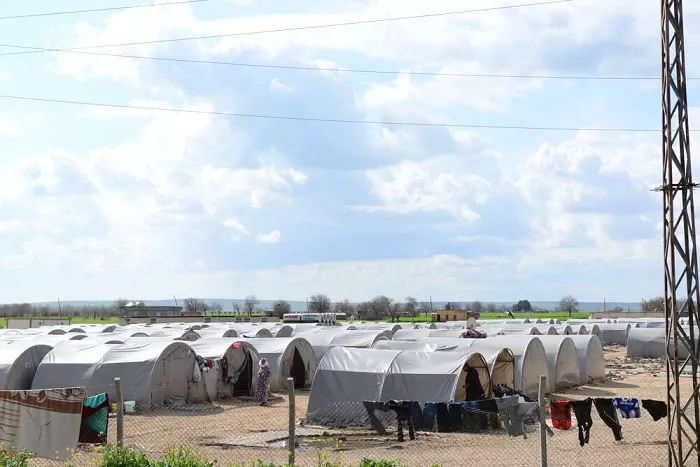MIAMI, Fla. — A sweeping new travel ban affecting foreign nationals from 19 countries has sparked anger, fear, and growing calls for legal action across South Florida’s diverse immigrant communities.
The Biden administration unveiled the restrictions this week, blocking entry from 12 countries entirely and imposing partial limitations on seven others. Officials claim the bans are intended to enhance national security and reduce threats tied to terrorism and visa overstays. But for many families in Miami-Dade and beyond, the impact feels personal and unjust.
‘Majority of Banned Countries Are Black Nations’
“This is absolutely devastating,” said Paul Christian Namphry, political director of the Family Action Network. “The majority of the countries facing a full travel ban are Black. Seven of the 12 are in Africa or the Caribbean—including Haiti.”
Namphry said the policy has ignited shock and outrage among Haitian Americans in South Florida. He’s urging lawmakers at the local, state, and federal levels to take action.
“These bans target communities already marginalized and vulnerable,” he added. “We need immediate intervention.”
Families Left in Limbo
In Doral, a city known for its large immigrant population, the policy has created confusion and heartache. Outside El Arepazo, a popular Venezuelan restaurant, Carmen—a Venezuelan mother living in Florida for the past six years—spoke of her despair.
“My son is still in Venezuela,” she said. “Now I don’t know when or if I’ll see him again.”
She works multiple jobs, including catering, construction, and event staffing, just to make ends meet. “I believed in the American dream, but now that dream is crumbling. It’s turning into a place where immigrants like me no longer belong.”
The administration cited Venezuela’s “historical refusal” to accept deportees as justification for suspending six visa categories, including those for tourists, students, and business travelers. The changes will take effect Monday.
Legal Pushback Expected
Despite the outcry, legal experts say challenging the new travel bans in court may be harder than in the past.
David Weinstein, a former state and federal prosecutor, says the policy was crafted to avoid the legal pitfalls that plagued previous bans.
“This one is written with far more precision,” he explained. “Unlike the 2017 ‘Muslim Ban,’ this executive order is backed by documented metrics, like visa overstay rates and national security concerns. That makes it more legally defensible.”
Still, immigration attorneys and civil rights groups are exploring ways to mount a legal response. South Florida, home to some of the largest Haitian, Venezuelan, and African diaspora communities in the country, may become a key battleground.
“This ban is devastating for families, students, and businesses alike,” said one Miami-based immigration lawyer. “And the fight is just beginning.”
Related topics:
- Portugal’s Migration Policies Create “Open-Air Prison” for Migrants
- Cayman Government Announces Major Immigration Reform Plans
- GOP Budget Plan Cuts Immigrant Aid, Raises Application Fees


